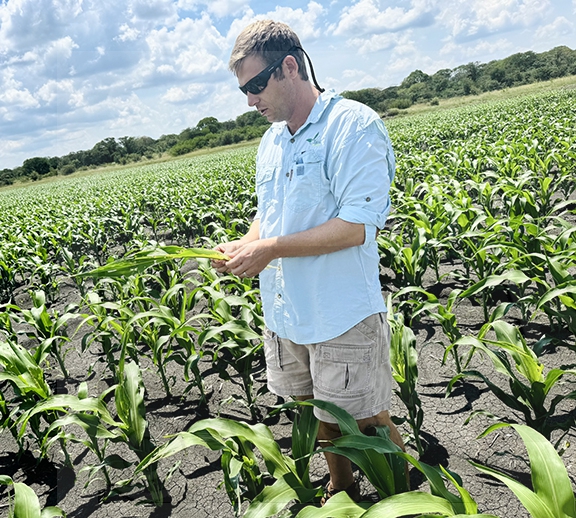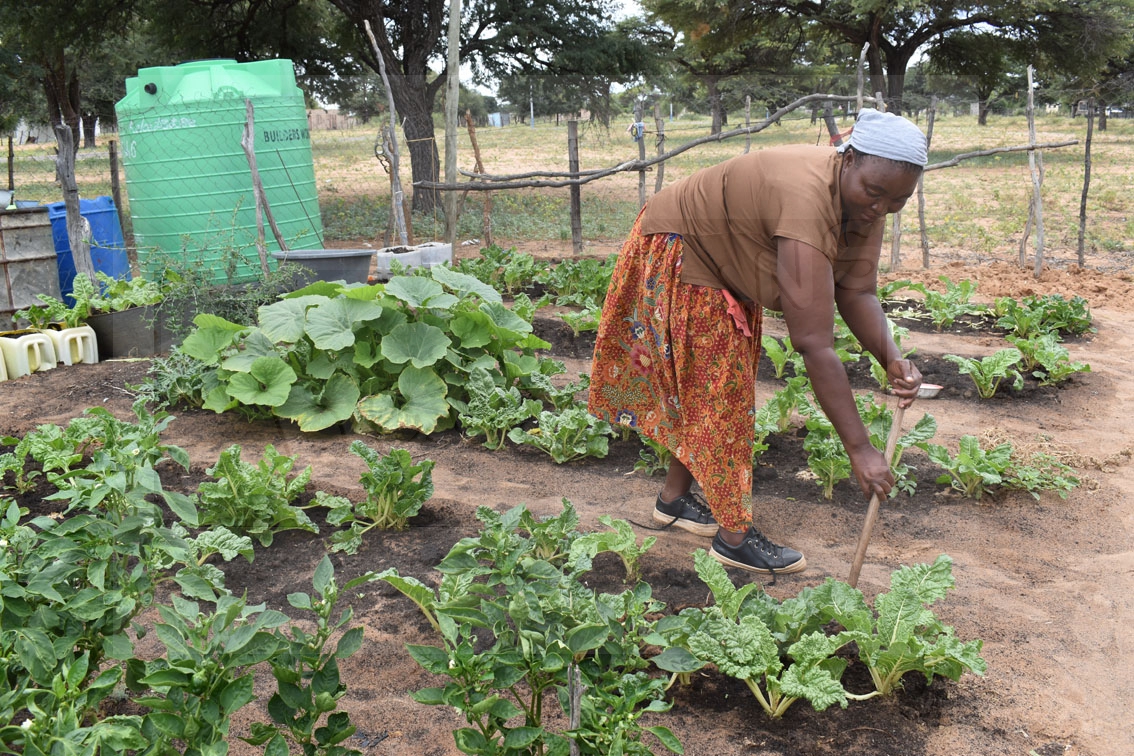Expert urges fiscal prudence
28 Oct 2025
While the transitional National Development Plan 12 (NDP12) is commendable, experts have urged the government to prioritise fiscal prudence, restraint, and consolidation in response to Botswana’s ongoing economic challenges.
Botswana’s economy has faced a structural decline, primarily due to a 24 per cent collapse in the diamond industry in 2024, from which it is yet to recover. An economist, Mr Sennye Obuseng, has observed that the decline in diamond production, the country’s economic mainstay, has severely strained the national budget.
“The government’s economic plans must adapt to these new realities to remain credible and effective,” Mr Obuseng said.
He noted that the government’s struggle to pay salaries undermined its credibility and ability to support the broader economy.
“The government must first stabilise itself to support the rest of the economy,” he added.
Mr Obuseng was worried that the government set ambitious goals that might be unrealistic given the current economic climate. He pointed out the radical plan to produce 500,000 jobs by March 2030, highlighting that the first year was almost over, leaving only four years to achieve the goal.
Moreover, he noted that the current administration had projected an average economic growth of six per cent for the planned period, a rate he believed would not yield half a million jobs.
He referenced a macroeconomic overview provided by the Ministry of Finance in September 2025, which indicated anticipated growth of only 1.9 per cent from 2026/27 to 2028/29, contradicting the envisaged six per cent projection.
Based on the aforementioned, he urged government departments and ministries to be aligned in their communication, to avoid sending different messages particularly at an international level which might be alarming to potential investors.
Mr Obuseng further explained that the government’s plan mentioned establishing the ‘True North’ of Botswana, envisioning a high-income, technically-enabled, export-led economy with widespread employment.
Despite the Ministry of Finance’s pursuit of fiscal consolidation, other government sectors persist in proposing increased spending amid financial constraints. Historically, Botswana’s economy has relied heavily on government spending and diamond revenue.
With the decline in diamond production, government investment is expected to decrease, creating a pressing need for private sector involvement.
“Private investment, both domestic and foreign, is essential to offset reduced government spending,” Mr Obuseng stated, describing this shift as fundamental for the current administration. He emphasised the need for the government to foster a conducive environment for private investment, including crafting clear and consistent investment promotion messages at the national level. “The government’s messaging to markets is currently inconsistent, which could deter potential investors,” he warned.
Mr Obuseng highlighted the recent downgrade of Botswana’s Moody’s Sovereign Credit Rating from ‘A3’ to ‘Baa1’, which cited challenges in adapting to the structural decline of the diamond industry.
He urged the government to focus on critical sectors such as education, health, and infrastructure, where significant financing gaps could not be addressed by the government alone.
He also cautioned against the government forming partnerships with foreign investors through initiatives like the national development fund, as this could place the government in direct competition with the private sector.
“The private sector does not want to compete with the government,” he said, adding that such moves could dissuade investment. Instead, he advised the government to prioritise creating an attractive investment climate to crowd-in private capital. ENDS
Source : BOPA
Author : Marvin Motlhabane
Location : Kanye
Event : Interview
Date : 28 Oct 2025





